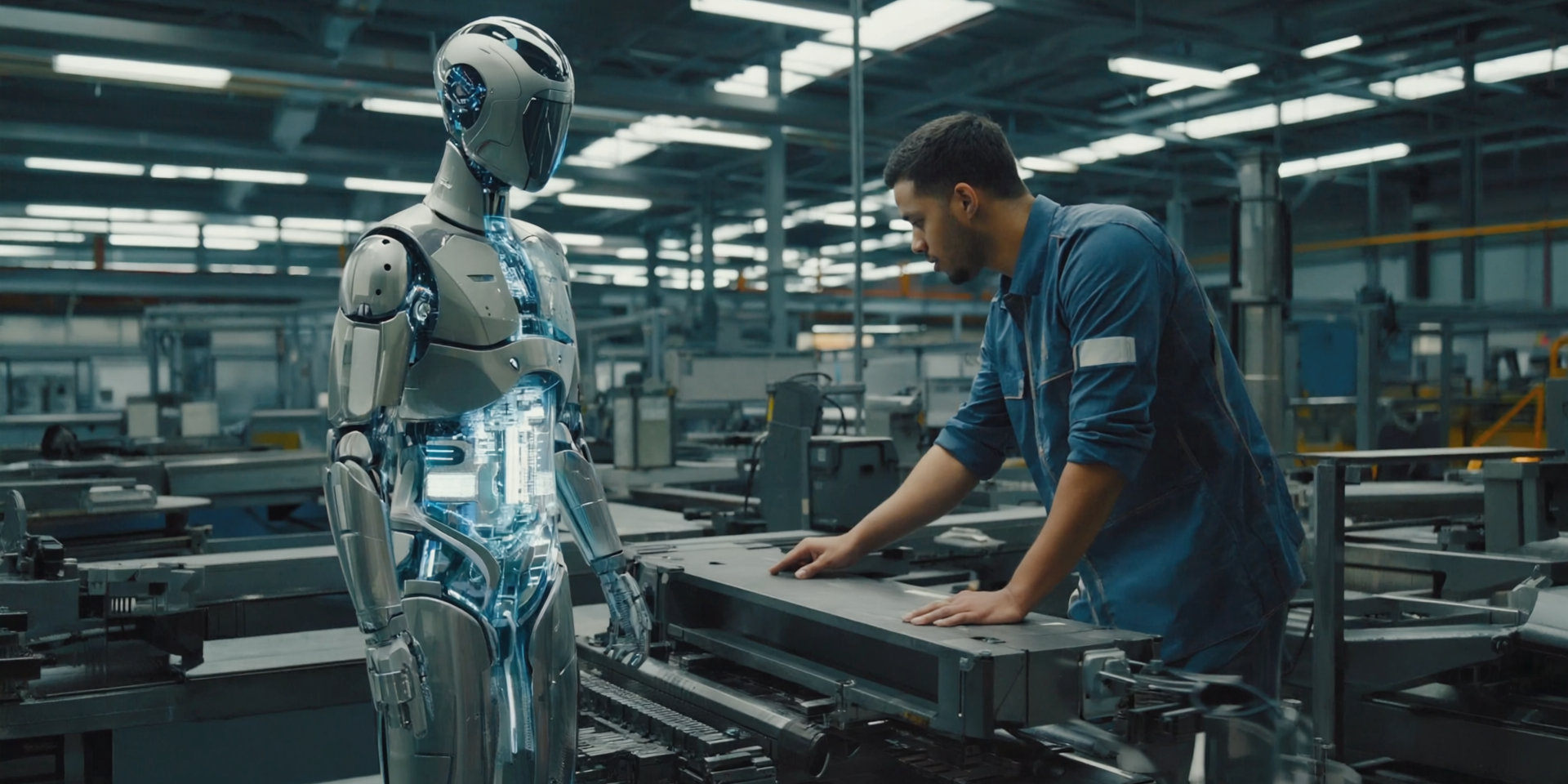In today’s environment of rapid technological change and increasingly competitive labour market, companies need a highly skilled workforce that is able to adapt to new challenges. In this scenario, ITS (Higher Technical Institutes) emerge as a fundamental resource for companies that wish to invest in innovation and growth. Why are ITS so important for entrepreneurs? What practical benefits do they bring to enterprises and how can they support long-term competitiveness?
What are ITS?
The Technical Institutes are post-diploma schools offering highly specialized training in the fields of technical, scientific, technological and vocational. They are characterised by a strong connection with the world of work, as the training courses are designed in collaboration with companies, universities and research bodies. In Italy, ITS were established in 2010 and are intended to train senior technicians with specific skills to meet the needs of ever-changing industries.
ITS is different from universities in terms of practical application, and courses, lasting 2-3 years, focus on professional fields such as:
- Industrial automation and robotics
- Information and digital technologies
- Renewable energy and sustainability
- Mechanics and industrial design
- Logistics and management of business processes
- Tourism and cultural heritage
These courses are designed to develop practical and technical skills that can be immediately applied in the world of work.
ITS as a strategic resource for business
The main challenge for entrepreneurs today is to find professionals who have the skills needed to tackle technological innovation, process digitalisation and environmental sustainability. ITS respond to these needs in a direct and pragmatic way, providing highly qualified training that is in perfect harmony with the demands of the market. These are some of the reasons why ITS is a strategic resource for business.
Training of highly specialized profiles
One of the main aspects that make ITS so important for entrepreneurs is their ability to train professionals with highly specialised skills. ITS is focused on specific sectors that are constantly evolving, such as robotics, industrial automation, renewable energies, and digital technologies. In particular, areas such as artificial intelligence and cybersecurity are becoming increasingly central to businesses, but there is often a lack of properly trained professionals.
Through a teaching that mixes theory and practice, ITS train technicians capable of solving real problems and bringing innovation within companies. The presence of compulsory company internships in the training courses allows students to gain direct experience on the ground, creating a strong link between the training system and the business needs.
Adaptation to labour market needs
The world of work is changing rapidly, and companies must be prepared to respond to new challenges such as digitisation and the adoption of advanced technologies. ITS are designed to be much more dynamic than traditional learning pathways. Each course is continuously updated to respond to market developments and the demands of companies.
For example, if an entrepreneur needs skilled personnel in the field of IT security or big data management, ITS can provide professionals ready to enter the company and solve real problems, Reducing the gap between education and labour market needs.
Partnerships with enterprises
ITS are born and developed in close collaboration with businesses and local authorities, so they are perfectly aligned with the needs of the world of work. Companies can be involved in the design of training programmes, enabling them to train future workers according to their needs. This close relationship between the world of education and the world of work ensures that ITS graduates have practical skills and a first-hand knowledge of the field in which they will be working.
In addition, many ITS schools offer internship opportunities, internships and applied research projects where students work side by side with business professionals, applying the knowledge acquired in real time. This type of practical training is one of the strengths of ITS, enabling entrepreneurs to identify young talents ready to be integrated into their team at the end of the training course.
Support for digital transformation and innovation
For many SMEs, the adoption of advanced technologies and continuous innovation are a necessity to remain competitive. However, the implementation of information systems, management software, industrial automation and other innovative technologies can be complex without adequate technical support. By offering targeted training in these areas, ITS helps to prepare technicians who can accompany companies in the process of digital transformation.
ITS students are able to manage complex technological projects, implement digital solutions, and develop applications that allow companies to optimize their production and management processes. Moreover, these skills are not limited to purely technical aspects: ITS also prepare professionals capable of working in interdisciplinary teams, thus encouraging the adoption of new technologies in an integrated and strategic way.
Competitiveness and long-term growth
The human factor has always been one of the key elements for the success of any business. Investing in skilled training is a way to improve not only the quality of the product or service, but also to ensure the long-term growth and competitiveness of the company. ITS is a direct way to reduce the gap between school education and market needs, enabling companies to find professional profiles that are ready to innovate and meet future challenges.
The skills acquired by ITS graduates are geared towards solving real problems, and this practical approach can make a difference in highly competitive sectors. Companies using these professionals can rely on a staff with specialist skills, but also on a strong adaptability to new technologies and market needs, thus increasing the possibilities for innovation and growth.
Partnerships between companies and ITS: How to make the most of opportunities
Companies can benefit enormously from working with ITS, both to train new talent and to develop innovative projects. Here are some ways in which companies can make the most of this resource:
Participate in the definition of training programmes
Companies can be involved in the design of training programmes, ensuring that the skills required are aligned with their needs. This may include participation in working tables, the proposal of ad ho c courses, or the creation of sector-specific training modules.
Offer internships and traineeships
Companies can host ITS students during their training, giving them the opportunity to put into practice what they have learned and to increase their field experience. This type of collaboration not only enriches the training of students, but also enables companies to discover young talent ready to join the workforce.
Support applied research projects
Enterprises can work with ITS on applied research projects, which lead to concrete solutions for business challenges. These projects may involve technological innovations, improvements in production processes or the adoption of green technologies.
Conclusion
ITS represents a strategic opportunity for companies to remain competitive in a rapidly changing world. Highly specialised training, direct connection to the world of work and ability to adapt to new technologies make ITS a valuable resource for entrepreneurs. Companies that invest in collaboration with these institutions can access professionals ready to face the challenges of innovation and sustainability, thus contributing to their success and long-term growth.






